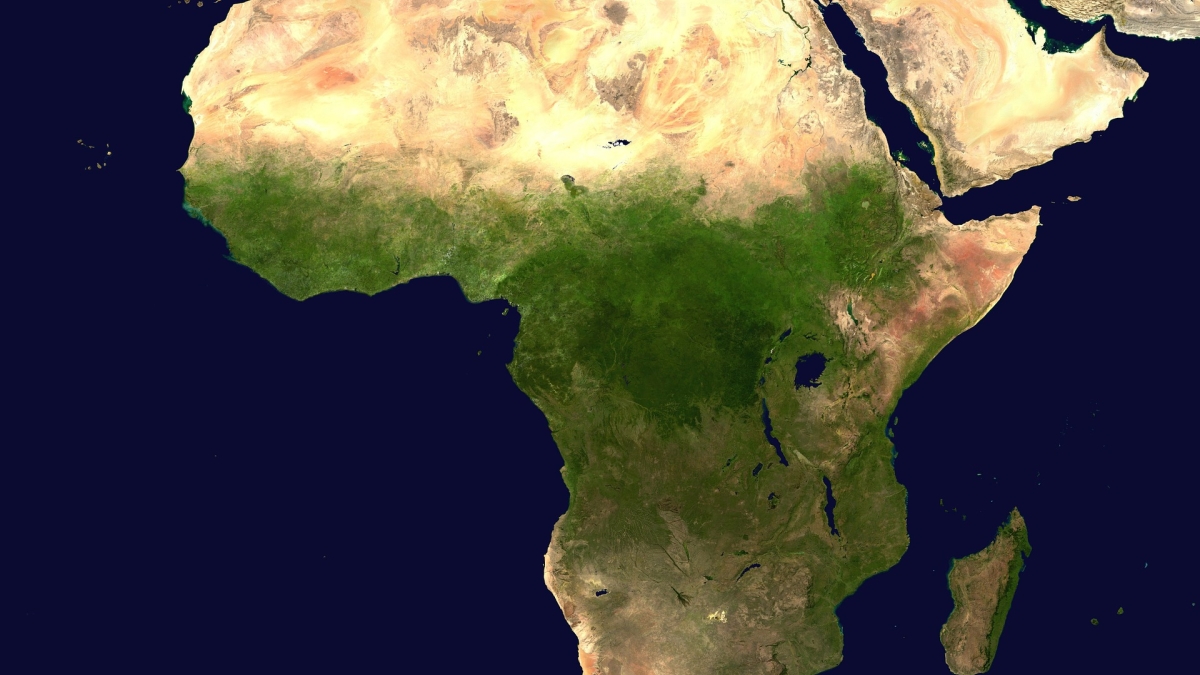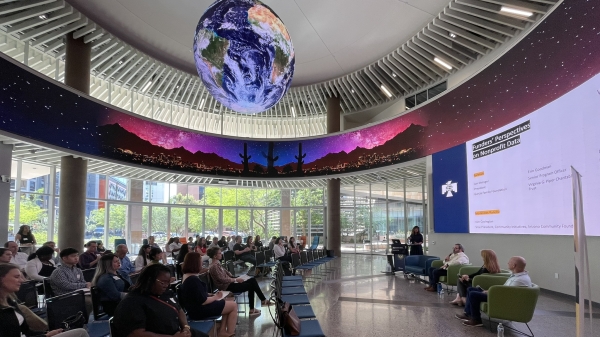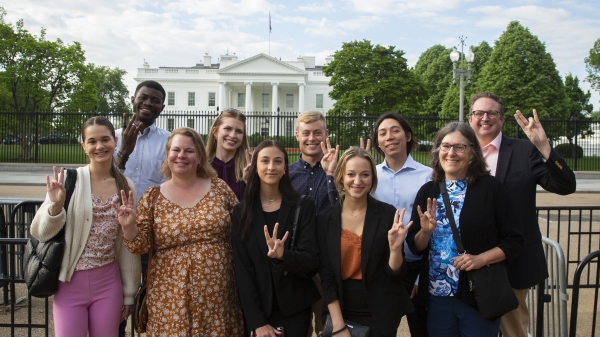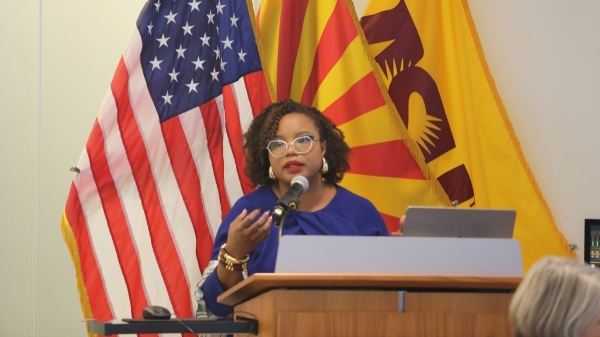COVID-19 models should take the unique conditions of sub-Saharan Africa into account

Image courtesy of Pixabay
COVID-19 models that predict the costs and benefits of lockdowns and other social distancing policies must be adapted for use in lower-income regions such as sub-Saharan Africa, according to findings by a team led by Arizona State University researchers.
Modeling in places like the United States has generally found that the savings in lives and worker productivity outweigh the economic losses from government-required social distancing. However, those models do not take into account factors like a younger population, larger households and higher rates of diseases such as tuberculosis and HIV — all present in sub-Saharan Africa. The ASU team believes the existing models can be adjusted to help inform policymakers in the region.
“Future epidemiological-economic modeling for COVID-19 needs to consider country and regional vulnerabilities and how these vulnerabilities increase risk of disease transmission, while also considering that parameters for estimating the impact of various mitigation strategies are likely to be very different in (sub-Saharan Africa),” the researchers wrote. “In other words, it is essential to understand the epidemiological dynamics of COVID-19 within the local context.”
The analysis was published this month in the journal Applied Economic Perspectives and Policy. The authors of the paper are Valerie Mueller, associate professor in ASU's School of Politics and Global Studies and the International Food Policy Research Institute; Glenn Sheriff, assistant professor in ASU's School of Politics and Global Studies; Corinna Keeler with the Department of Epidemiology at the University of North Carolina at Chapel Hill; and Megan Jehn, associate professor in ASU's School of Human Evolution and Social Change.
More Local, national and global affairs

Conference draws professionals from across the US to collaborate on data research
By Lillian Finley Researchers, professors, students and nonprofit professionals gathered at Arizona State University’s Downtown…

Students travel to DC to present proposals on climate change
Ten students from Arizona State University’s Humanities Lab spring course — Diplomacy Lab: Brazil — traveled to Washington, D.C…

Economic development, the 'Black tech ecosystem' and a tale of two economies
When it comes to funding technology cluster initiatives, people across the country want to see how experts are analyzing long-…